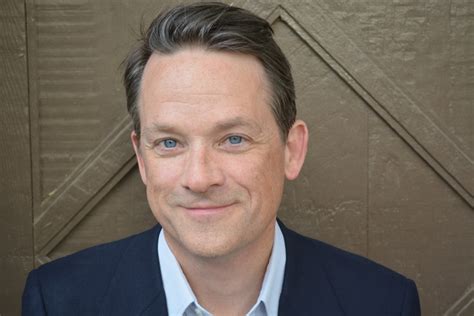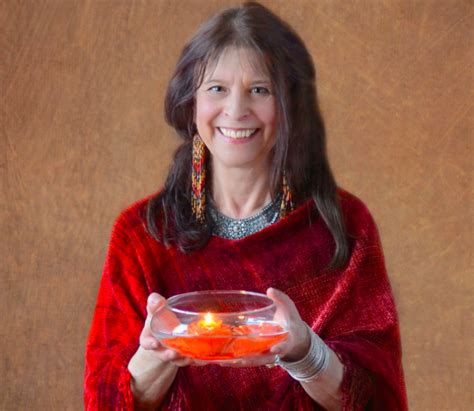A Quote by Erik Larson
Digression is my passion. I love telling the main stories, but in some ways, what I love most is using those narratives as a way of stringing together the interesting stories that people have kind of forgotten, and that are kind of surprising. The problem is, how do you pare stories away so that the book doesn't become a distracting jumble of material, and readers lose focus? In my experience, there's really only one way to do that. I pack it all in with the rough draft, then count on myself and my trusted readers to tell me what's good and what's not good.
Quote Topics
Away
Become
Book
Count
Draft
Experience
Focus
Forgotten
Good
How
Interesting
Interesting Stories
Jumble
Kind
Lose
Love
Main
Material
Me
Most
My Passion
Myself
Narratives
One Way
Only
Only One Way
Pack
Passion
People
Problem
Readers
Really
Rough
Some
Stories
Surprising
Tell
Telling
Then
Those
Together
Trusted
Using
Way
Ways
Related Quotes
I fall in love with certain stories. Those stories tend to be connected to my life some way - for instance, with my first book I was writing about the experience of coaching Little League in the Chicago inner city. But the common thread tends to be exploring some kind of mystery. Simple questions that spiral deeper.
I often hear people say that they read to escape reality, but I believe that what they’re really doing is reading to find reason for hope, to find strength. While a bad book leaves readers with a sense of hopelessness and despair, a good novel, through stories of values realized, of wrongs righted, can bring to readers a connection to the wonder of life. A good novel shows how life can and ought to be lived. It not only entertains but energizes and uplifts readers.
I find with most of my readers are kind of like me, sort of people who were a little bit naive in life and then learned the hard way that this is what's going on, the political games and most of my readers write to me telling me that the book helped them open their eyes to what other people are doing to them.
The desire for story is very, very deep in human beings. We are the only creature in the world that does this; we are the only creature that tells stories, and sometimes those are true stories and sometimes those are made up stories. Then there are the larger stories, the grand narratives that we live in, which are things like nation and family and clan and so on. Those stories are considered to be treated reverentially. They need to be part of the way in which we conduct the discourse of our lives and to prevent people from doing something very damaging to human nature.
You can use your means in a good and bad way. In German-speaking art, we had such a bad experience with the Third Reich, when stories and images were used to tell lies. After the war, literature was careful not to do the same, which is why writers began to reflect on the stories they told and to make readers part of their texts. I do the same.
Some stories, she’d say, the more you tell them, the faster you use them up. Those kind, the drama burns off, and every version, they sound more silly and flat. The other kind of story, it uses you up. The more you tell it, the stronger it gets. Those kind of stories only remind you how stupid you were. Are. Will always be.
I love how 'Game of Thrones' has resonated with so many people around the world. I feel like it has really tapped into our need to hear stories about the human condition, love, death, good, evil... For me, it really is a modern version of the old Greek theatre or cave men sitting around fires telling stories.


































